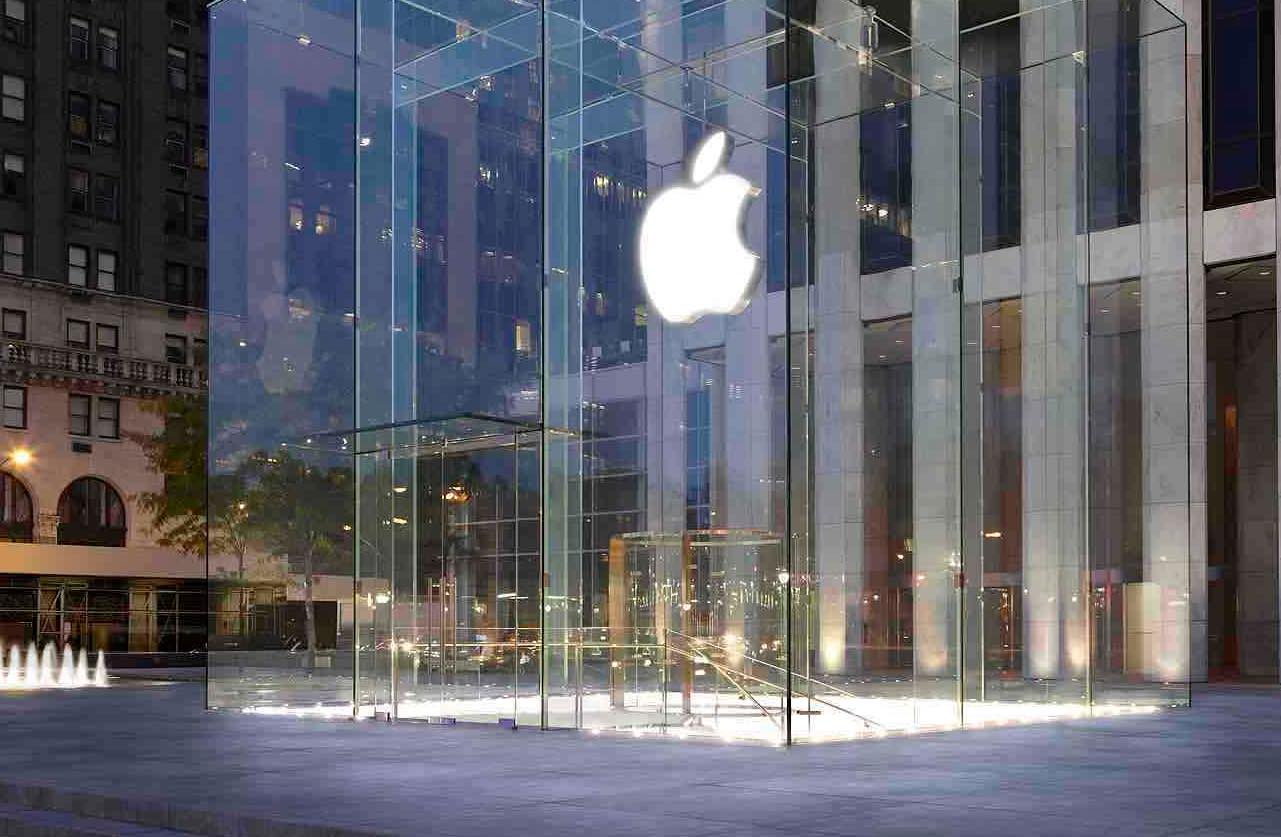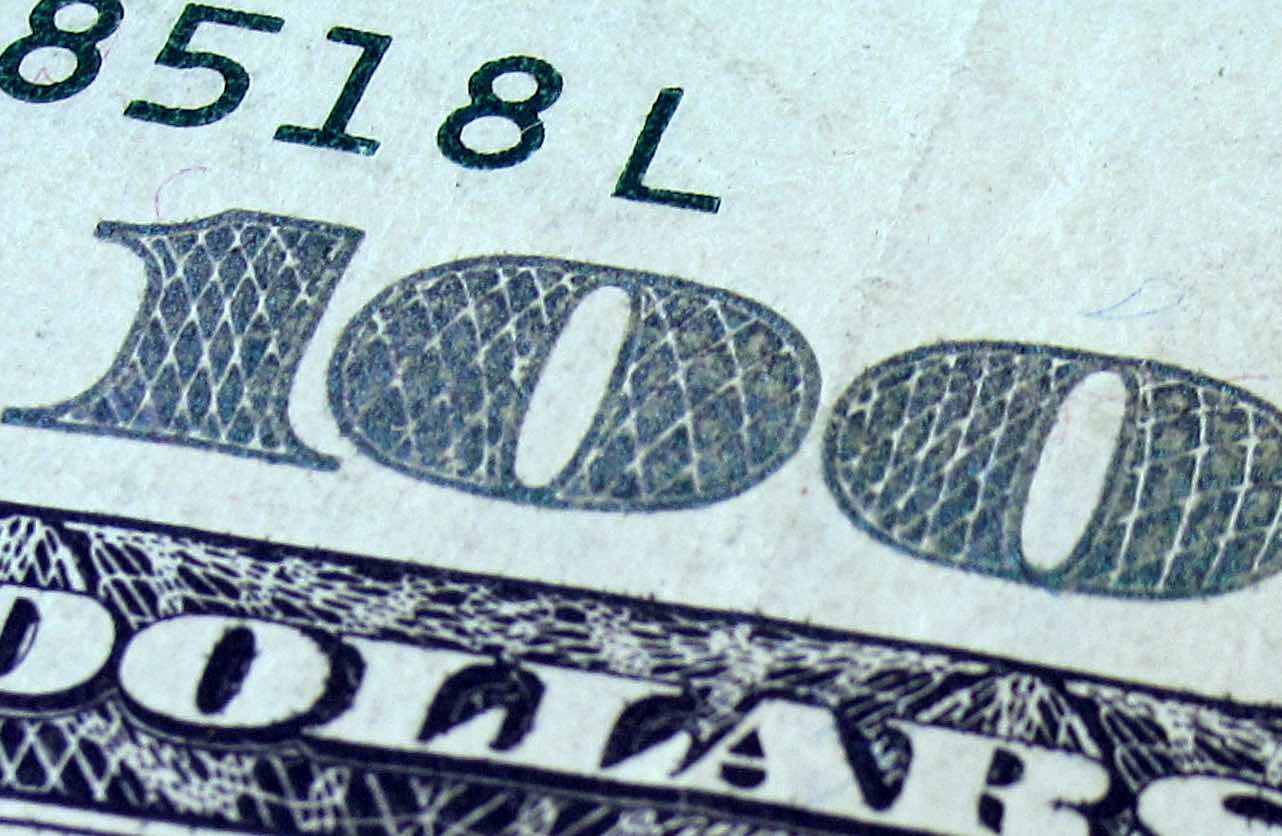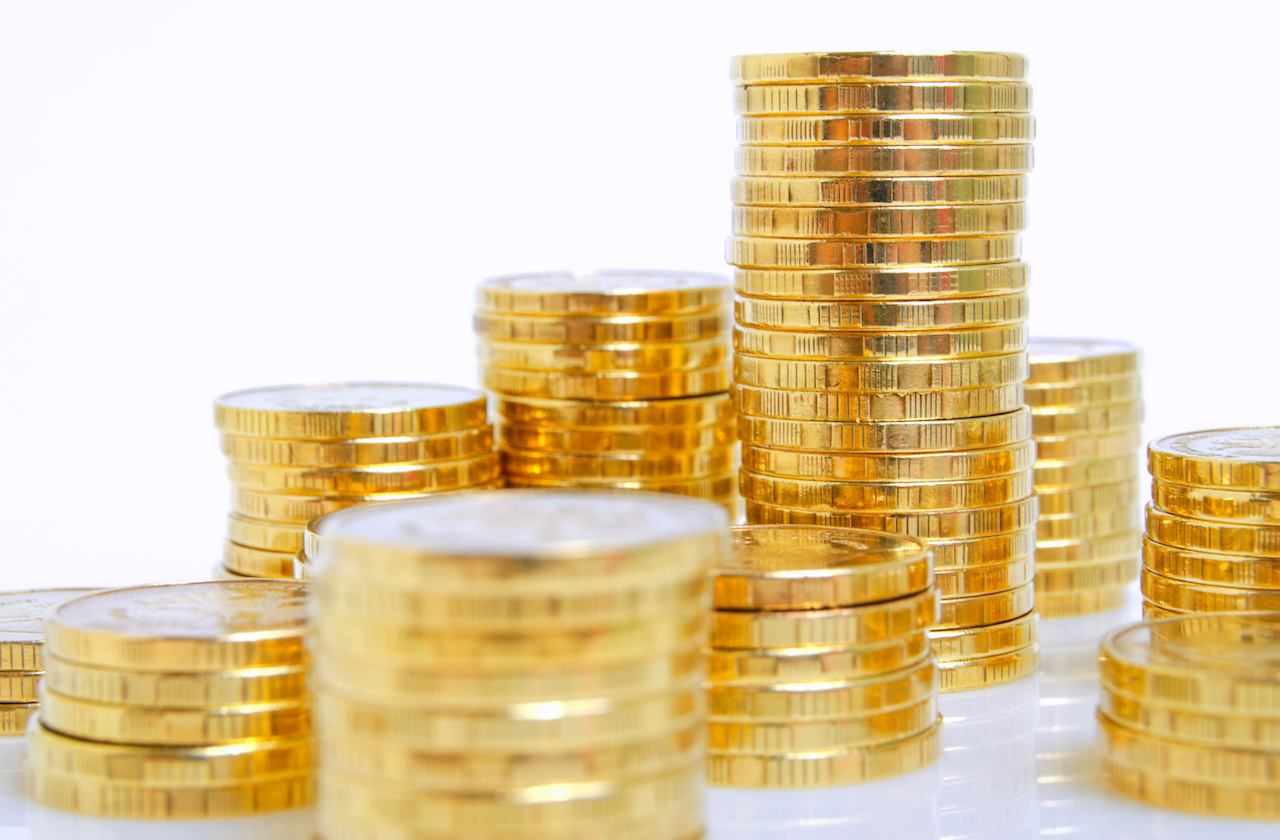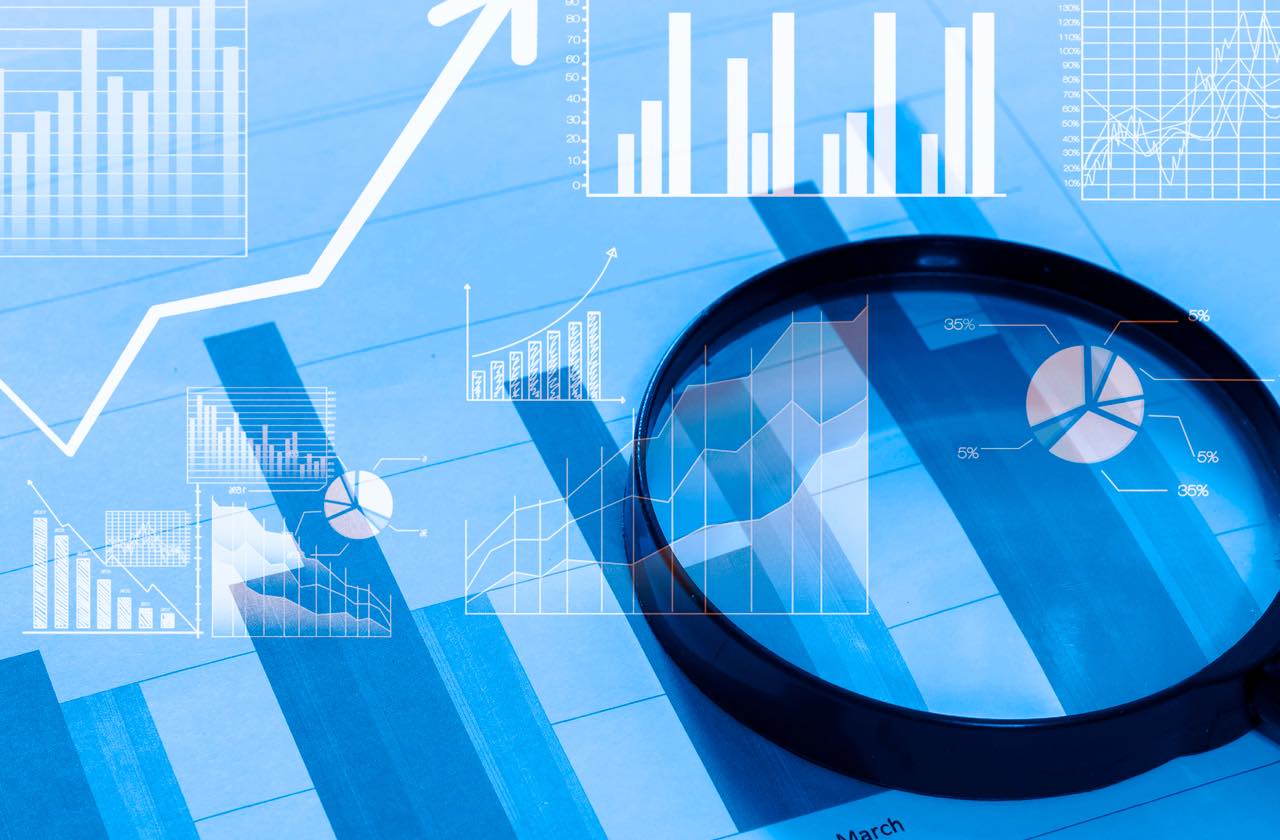3 Reasons to Own Apple Stock in Retirement
There's a well-worn playbook when it comes to selecting stocks for retirees' portfolios.


Profit and prosper with the best of Kiplinger's advice on investing, taxes, retirement, personal finance and much more. Delivered daily. Enter your email in the box and click Sign Me Up.
You are now subscribed
Your newsletter sign-up was successful
Want to add more newsletters?

Delivered daily
Kiplinger Today
Profit and prosper with the best of Kiplinger's advice on investing, taxes, retirement, personal finance and much more delivered daily. Smart money moves start here.

Sent five days a week
Kiplinger A Step Ahead
Get practical help to make better financial decisions in your everyday life, from spending to savings on top deals.

Delivered daily
Kiplinger Closing Bell
Get today's biggest financial and investing headlines delivered to your inbox every day the U.S. stock market is open.

Sent twice a week
Kiplinger Adviser Intel
Financial pros across the country share best practices and fresh tactics to preserve and grow your wealth.

Delivered weekly
Kiplinger Tax Tips
Trim your federal and state tax bills with practical tax-planning and tax-cutting strategies.

Sent twice a week
Kiplinger Retirement Tips
Your twice-a-week guide to planning and enjoying a financially secure and richly rewarding retirement

Sent bimonthly.
Kiplinger Adviser Angle
Insights for advisers, wealth managers and other financial professionals.

Sent twice a week
Kiplinger Investing Weekly
Your twice-a-week roundup of promising stocks, funds, companies and industries you should consider, ones you should avoid, and why.

Sent weekly for six weeks
Kiplinger Invest for Retirement
Your step-by-step six-part series on how to invest for retirement, from devising a successful strategy to exactly which investments to choose.
There's a well-worn playbook when it comes to selecting stocks for retirees' portfolios. Giant value stocks, preferably blue chips, with strong balance sheets, dependable dividends and a history of hiking those payouts are usually the go-to picks. Ordinarily, such names are found in defensive sectors such as telecommunications, utilities and consumer staples.
Against those criteria, Apple (symbol AAPL) wouldn't appear to be a good fit. Long considered a growth stock, it's situated in the more volatile technology sector. After all, tech stocks are always at risk of being disrupted. Today's darlings are too often tomorrow's afterthoughts. Besides, Apple has only paid a dividend for a handful of years now, and it's not all that generous relative to its profits.
Yet there's a strong argument to be made for Apple as part of a diversified retirement portfolio. From cash stockpiles to valuation to the sheer strength of its brand, Apple is poised to be an income machine. Consider these three reasons why.
Prices and related figures are as of December 7, unless otherwise indicated.

Cash Is King
Apple's liquid holdings are legendary. The tech behemoth had more than $237 billion in cash and securities at the end of its most recent quarter (ended September 24). Much of that cash is held overseas, but the incoming Trump administration is talking about cutting taxes on repatriated earnings.
Either way, it's an astonishing figure. More remarkable is how fast Apple is building up its cash hoard. For the 12 months ended in September, Apple generated free cash flow – the cash profits left over after a company makes the capital expenditures needed to maintain the business – of $44 billion after paying interest on debt, according to S&P Global Market Intelligence. Apple's cash situation gives it tremendous flexibility. Raise the dividend? Buy back stock? Execute a bold acquisition? Apple can afford all three.

Payout Potential
Most important, you can rest assured the dividend will keep coming.
Gushers of free cash also mean Apple has ample room to boost its dividend – and, boy, has it ever. The company has hiked its payout every year since it brought back the dividend in 2012.
Indeed, over the last four years Apple has raised its dividend annually by an average of more than 10%. Regular dividend hikes are a key to successful income investing because of the way they increase the yield on the original cost basis. (Dividend yield is calculated by dividing the annual dividend per share by the share price.) The dividend might rise but the price you already paid for shares won't.
True, at the current payout, Apple's dividend yields just 2.0%, about the same as the yield of Standard & Poor’s 500-stock index, which is certainly no fount of dividends. But a series of hikes will create ever-higher yields on your initial investment. Consistent and ample dividend increases are an often-overlooked aspect of income investing.

Valuation
Apple is ostensibly considered to be a growth stock, but it's sure not priced like one. Shares are changing hands at a bit more than 12 times estimated year-ahead earnings. The S&P 500 is more expensive than that, at a forward price-earnings ratio of 17. Moreover, it's not hard to find stocks in the classic value sectors of telecommunications and utilities that are pricier than Apple.
If anything, Apple looks like a value stock. The knock on the name is that iPhone makes it a one-trick pony and its smartphone sales are slowing down. Fine. As long as consumers stay within the Apple ecosystem – and they are famously loyal to the brand – upgrades and replacements will ensure steady, if not spectacular, revenue growth. Think of it like an annuity, which is acceptable for a value name.
Finally, don't underestimate Apple's ability to innovate. It's been left for dead before. And if it can't find another hit like the iPhone and iPod before it, it can always afford to buy one. The market might just be too down on Apple's prospects.

The Bottom Line
Apple is a cheap, steady dividend payer with a good track record of raising its payouts. As a tech stock, it's not as correlated with movements in defensive sectors such as consumer staples, telecoms or utilities.
Add it all up and Apple looks like a fine way to slip some diversification into your income portfolio during retirement.
Profit and prosper with the best of Kiplinger's advice on investing, taxes, retirement, personal finance and much more. Delivered daily. Enter your email in the box and click Sign Me Up.

Dan Burrows is Kiplinger's senior investing writer, having joined the publication full time in 2016.
A long-time financial journalist, Dan is a veteran of MarketWatch, CBS MoneyWatch, SmartMoney, InvestorPlace, DailyFinance and other tier 1 national publications. He has written for The Wall Street Journal, Bloomberg and Consumer Reports and his stories have appeared in the New York Daily News, the San Jose Mercury News and Investor's Business Daily, among many other outlets. As a senior writer at AOL's DailyFinance, Dan reported market news from the floor of the New York Stock Exchange.
Once upon a time – before his days as a financial reporter and assistant financial editor at legendary fashion trade paper Women's Wear Daily – Dan worked for Spy magazine, scribbled away at Time Inc. and contributed to Maxim magazine back when lad mags were a thing. He's also written for Esquire magazine's Dubious Achievements Awards.
In his current role at Kiplinger, Dan writes about markets and macroeconomics.
Dan holds a bachelor's degree from Oberlin College and a master's degree from Columbia University.
Disclosure: Dan does not trade individual stocks or securities. He is eternally long the U.S equity market, primarily through tax-advantaged accounts.
-
 Dow Adds 1,206 Points to Top 50,000: Stock Market Today
Dow Adds 1,206 Points to Top 50,000: Stock Market TodayThe S&P 500 and Nasdaq also had strong finishes to a volatile week, with beaten-down tech stocks outperforming.
-
 Ask the Tax Editor: Federal Income Tax Deductions
Ask the Tax Editor: Federal Income Tax DeductionsAsk the Editor In this week's Ask the Editor Q&A, Joy Taylor answers questions on federal income tax deductions
-
 States With No-Fault Car Insurance Laws (and How No-Fault Car Insurance Works)
States With No-Fault Car Insurance Laws (and How No-Fault Car Insurance Works)A breakdown of the confusing rules around no-fault car insurance in every state where it exists.
-
 Nasdaq Slides 1.4% on Big Tech Questions: Stock Market Today
Nasdaq Slides 1.4% on Big Tech Questions: Stock Market TodayPalantir Technologies proves at least one publicly traded company can spend a lot of money on AI and make a lot of money on AI.
-
 Stocks Close Down as Gold, Silver Spiral: Stock Market Today
Stocks Close Down as Gold, Silver Spiral: Stock Market TodayA "long-overdue correction" temporarily halted a massive rally in gold and silver, while the Dow took a hit from negative reactions to blue-chip earnings.
-
 S&P 500 Hits New High Before Big Tech Earnings, Fed: Stock Market Today
S&P 500 Hits New High Before Big Tech Earnings, Fed: Stock Market TodayThe tech-heavy Nasdaq also shone in Tuesday's session, while UnitedHealth dragged on the blue-chip Dow Jones Industrial Average.
-
 Dow Rises 313 Points to Begin a Big Week: Stock Market Today
Dow Rises 313 Points to Begin a Big Week: Stock Market TodayThe S&P 500 is within 50 points of crossing 7,000 for the first time, and Papa Dow is lurking just below its own new all-time high.
-
 Nasdaq Leads Ahead of Big Tech Earnings: Stock Market Today
Nasdaq Leads Ahead of Big Tech Earnings: Stock Market TodayPresident Donald Trump is making markets move based on personal and political as well as financial and economic priorities.
-
 11 Stock Picks Beyond the Magnificent 7
11 Stock Picks Beyond the Magnificent 7With my Mag-7-Plus strategy, you can own the mega caps individually or in ETFs and add in some smaller tech stocks to benefit from AI and other innovations.
-
 Dow Dives 870 Points on Overseas Affairs: Stock Market Today
Dow Dives 870 Points on Overseas Affairs: Stock Market TodayFiscal policy in the Far East and foreign policy in the near west send markets all over the world into a selling frenzy.
-
 Small Caps Can Only Lead Stocks So High: Stock Market Today
Small Caps Can Only Lead Stocks So High: Stock Market TodayThe main U.S. equity indexes were down for the week, but small-cap stocks look as healthy as they ever have.
